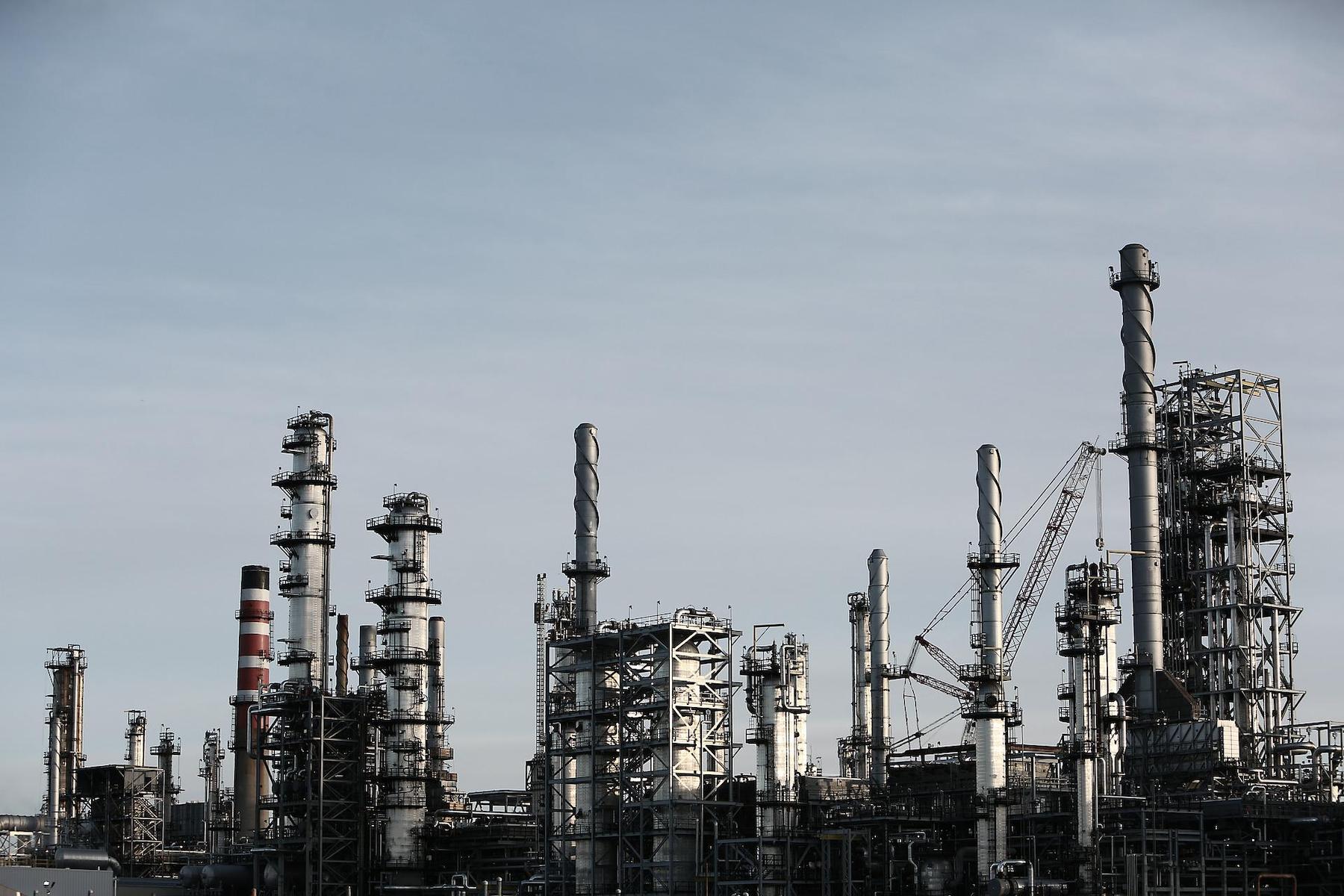The American Institute of Steel Construction has released updated environmental product declarations (EPDs) “to help designers and building owners design more environmentally friendly buildings and bridges,” according to an AISC news release.
The organization develops industry-average environmental product declarations (EPDs) for three products: fabricated hot-rolled structural sections, fabricated steel plate, and fabricated hollow structural sections (HSS)—the latter developed with the Steel Tube Institute. “These documents are designed to facilitate an accurate, apples-to-apples comparison of the structural materials on the market today,” the release says. These documents are updated every five years.
“Many people associate steel with old smokestacks and air pollution, but structural steel is now the premier green building material,” said AISC President Charles J. Carter, SE, PE, PhD. “Over the past three decades, the steel industry has reduced greenhouse gas and overall emissions by 36%. And the American structural steel industry is leading the way to a greener future with a carbon footprint nearly half the world average. By comparison, Chinese structural steel has three times the global warming potential of domestic steel.”
Many rating systems (LEED V4), standards (ASHRAE 189.1), green building codes (IgCC), and specific customers require the submission of environmental product declarations (EPDs) for products delivered to the project site. These EPD life-cycle assessments provide information on environmental impacts related to the manufacture of the product, including global warming potential, ozone depletion, acidification, eutrophication, and ozone creation.
AISC works with its mill members to develop industry average EPDs for structural steel produced in the United States. In addition to quantifying the impacts of the mill processes, the EPD work quantifies the industry average per ton environmental impacts of the fabrication process.
Related Stories
Codes and Standards | Nov 30, 2016
Researchers finding solutions to bird/building collisions
Glass facades pose a serious risk to birds and cause millions of avian deaths each year.
Codes and Standards | Nov 29, 2016
New OSHA rules to reduce fall and trip hazards
Employers can choose from a variety of fall protection systems.
Codes and Standards | Nov 29, 2016
Seattle imposes new construction regulation to address rat problem
The city ranks first in U.S. in rat population.
Codes and Standards | Nov 28, 2016
Construction groups sue New York City over crane safety regulation
The rule bans cranes from operating when wind exceeds 30 mph.
Codes and Standards | Nov 28, 2016
Marines plan first net zero energy military base
The Albany, Ga., site will have ground source heat pumps and a biomass generator.
Codes and Standards | Nov 18, 2016
Mahesh Ramanujam takes reins as U.S. Green Building Council President and CEO
Ramanujam brings his tech and business consulting background to the post.
Codes and Standards | Nov 18, 2016
Canada GBC launching Zero Carbon Buildings Initiative
First step toward Zero Carbon Building Standard.
Codes and Standards | Nov 17, 2016
Santa Monica, Calif., passes historic net-zero ordinance
Includes more stringent commercial, multifamily building standards.
Codes and Standards | Nov 14, 2016
Six more states approve legal marijuana, creating opportunities for developers
Federal prohibition complicates the picture.
Codes and Standards | Nov 14, 2016
Los Angeles voters approve billions to tackle traffic and homelessness
The approved measures will create new rail lines and permanent housing.

















